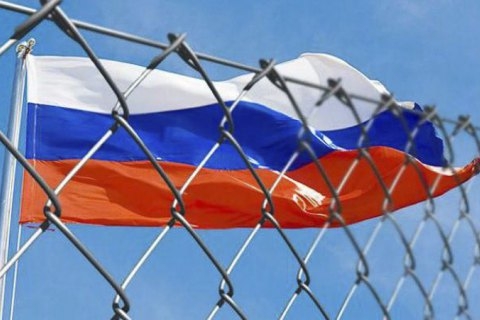Latvia proposes to the EU to ban the import of agricultural products from the Russian Federation and Belarus, but the European Commission opposes it

The Diet of Latvia adopted a law that prohibits the import of agricultural and fodder products into the country from the Russian Federation and Belarus, even if they are imported through third countries. The ban will come into effect after the president promulgates the law and will be in effect until July 1, 2025, but can be extended if necessary. It will apply to the release of products into free circulation, with the exception of the passage of goods for delivery to other EU countries.
Latvia, which borders the Russian Federation, is trying to sever economic ties with the aggressor as soon as possible in order to ensure its security and prevent the Russian Federation from receiving income from the sale of its products to Latvia, which will finance the war in Ukraine. So this initiative is an element of EU sanctions policy.
The Minister of Transport of Latvia, Kaspars Briškens, called on his colleagues from Lithuania, Estonia and Finland to join the ban on the import and transit of Russian grain.
Lithuania will also strengthen control over Russian grain in transit, as it does not rule out that part of it may remain in the country. The country's authorities are already preparing relevant changes to the legislation. At the same time, the railway company LTG Cargo, which carries out transportation on the territory of the country, assures that it carries out thorough control of both cargoes and their customers.
According to the MSG of Lithuania, in 2023, 144,000 tons of Russian wheat and corn were transported in transit through the country, and grain was imported from the Russian Federation for a total of 10.5 million euros. The department believes that the transit of cheap Russian grain through the port of Klaipeda can lower world prices, which will cause losses to EU producers and exporters.
However, the European Commission opposes such initiatives. Thus, the official representative of the EC, Olof Gilles, said that "European sanctions do not apply to Russian agricultural products, because they are the basis of ensuring global food security."


